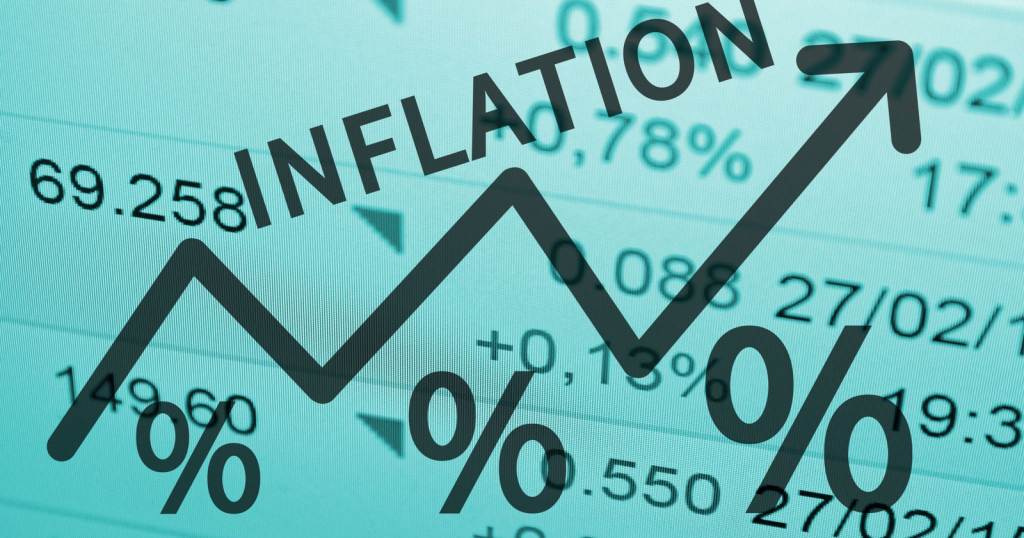Guaranty Trust Bank Plc, has released its ‘Macroeconomic and banking sector themes for 2018’, with a call on the federal government to reduce its borrowing cost to control stress on the economy.
While expressing anxiety on the chances of the upcoming 2019 elections to cause massive repatriation of capital by foreign portfolio investors, it further called for true deregulation of the downstream oil and gas sector.
The report however, called on the national assembly to fast track delivery of remaining parts of the Petroleum Industry Bill so as to rightly situate the nation’s key revenue earner.
On the series of offshore financial sourcing, the bank recalled that in February 2017, government successfully issued $1bn 2032 notes and tapped an additional $500m a month later.
“The federal government also raised another $300m through Diaspora Bond issuance in June 2017 and then issued $3bn dual-tranche notes comprising of 10 and 30-year Eurobonds of $1.5bn each.
“The offering of a N10.69bn Sovereign Green Bond for subscription by the Debt Management Office in December “effectively brought total funds raised to over $4.8bn in a single financial year.”
“While the debt to Gross Domestic Product was low at 16.2 per cent (in June 2017) relative to Sub-Saharan African average of over 40 per cent, debt to revenue stood at over 62 per cent in the same period.
In the views of the bank report, Nigeria spends 34 per cent of its revenue on debt servicing, while acknowledging concerns about the country’s rising debt profile and the need to bring this ratio to much lower levels.
“A portion of these funds has been earmarked for refinancing existing domestic debt (which accounts for around 80 per cent of total debt) to shift towards lower-priced FX external debt.
“We expect the government to work towards reducing its borrowing cost and also utilise these borrowings (net of debt servicing) to fund infrastructural investments to stimulate and reposition the economy.”
GTBank was quick to rely on the Q3 2017 report released by the National Bureau of Statistics (NBS), to agree that capital inflows increased to $4.15bn, which represented a 127.5 per cent year-on-year and 131.3 per cent quarter-on-quarter increase from $1.82bn in the third quarter of 2016 and $1.79bn in the second quarter of 2017.
The report noted further that the increase is due to improvement in forex policy vis-à-vis importers and exporters’ window and the attractive yields in fixed income securities and equities.









